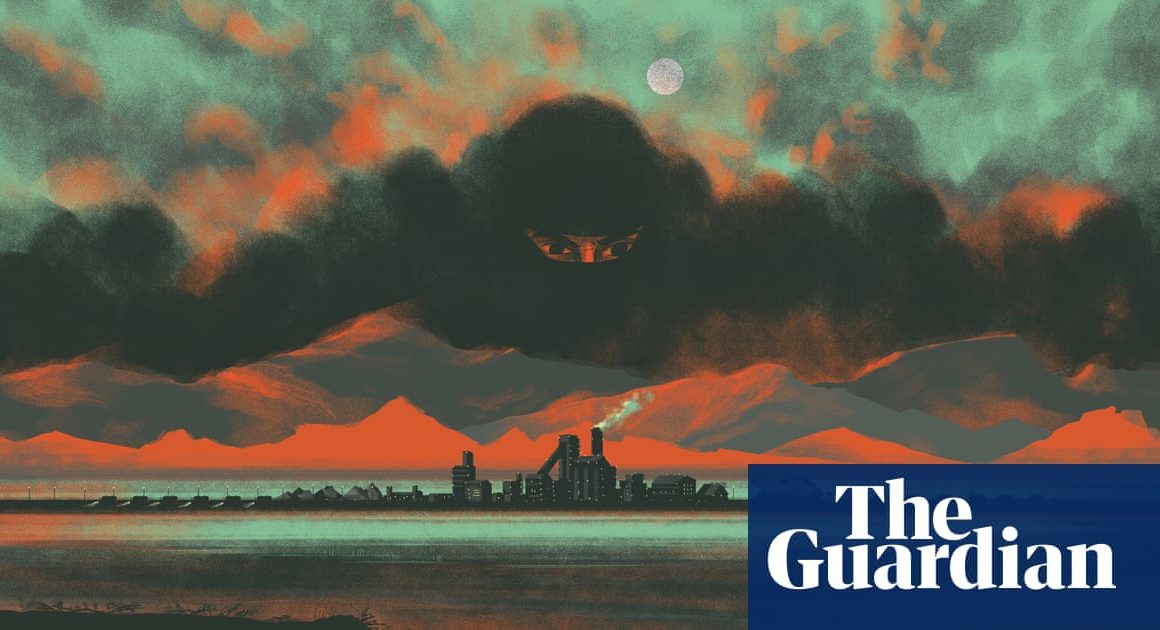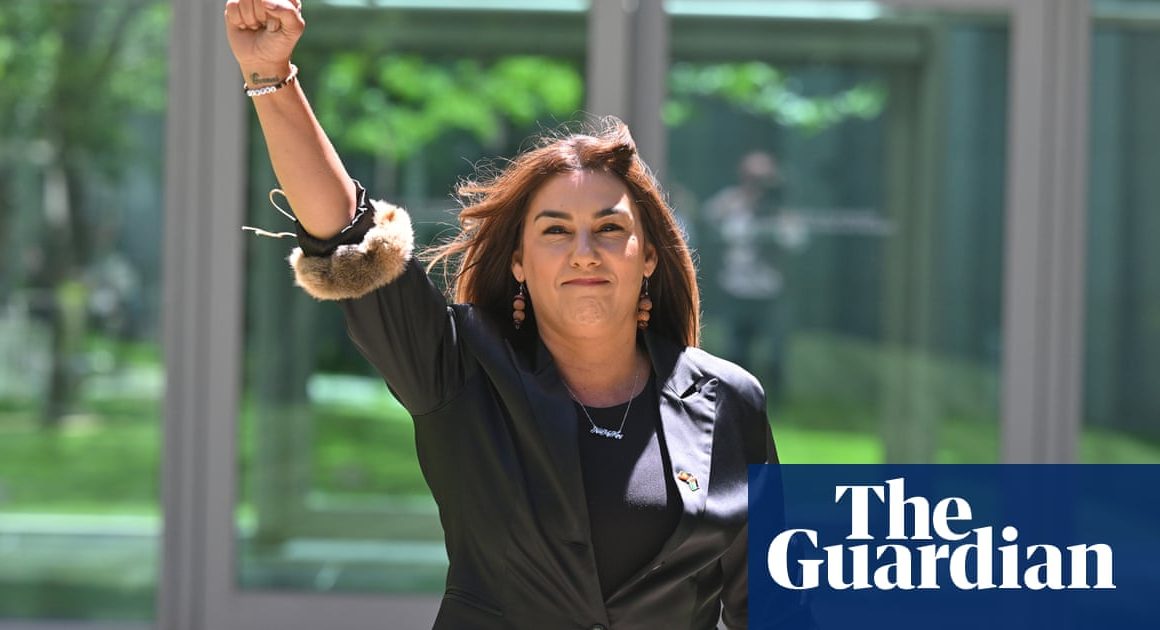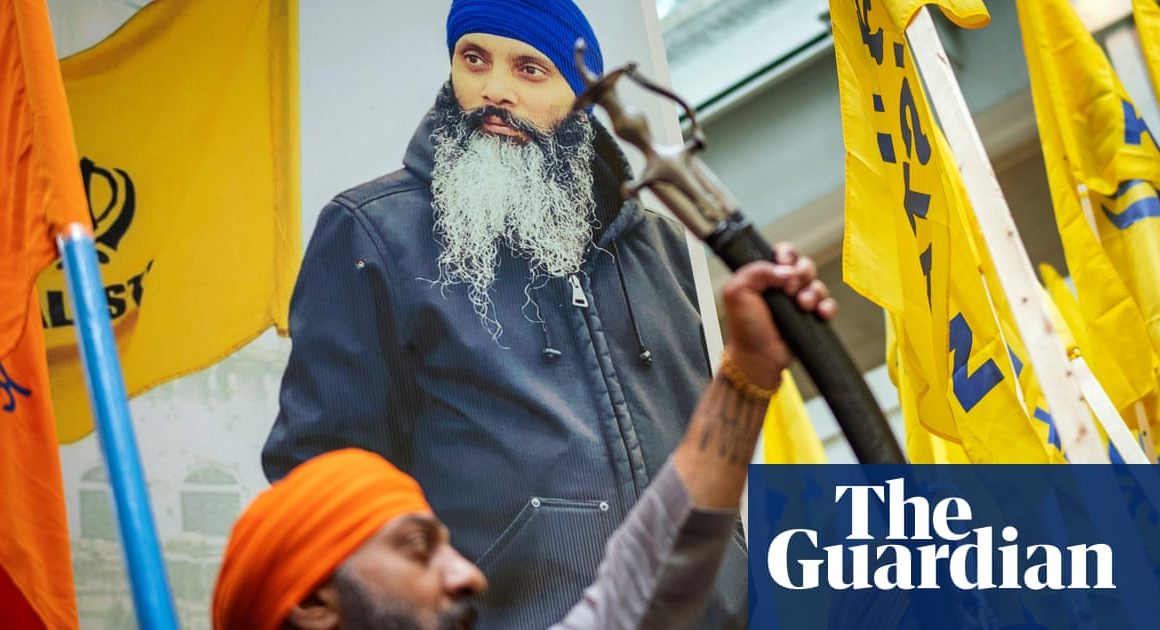Russian forces shelled a residential area of the eastern Ukrainian town of Kostiantynivka on Wednesday, killing one person and injuring three, prosecutors said. Kostiantynivka lies north-east of Pokrovsk, the sector seeing the heaviest fighting on the eastern part of the 1,000km (600-mile) frontline.
It came after Russia struck the city of Lviv in western Ukraine on Wednesday, killing seven people, including children. That was a day after a Russian missile attack killed more than 50 people in the central city of Poltava, in one of the deadliest single strikes of the invasion.
In Lviv, Wednesday’s attack killed a woman and her three daughters, leaving their husband and father as the only immediate survivor, Ukrainian officials said. “After today’s attack, only the man in this photo survived. His wife Yevgenia and their three daughters – Yaryna, Daryna and Emilia – were killed in their own home,” said the Lviv mayor, Andriy Sadovy. “I don’t know what words to say to support Yaroslav – the father. Today we are all with you.”
Volodymyr Zelenskiy said on Wednesday that Ukraine’s military was accomplishing all the tasks set out in its operations in Russia’s Kursk region. “It is very important that absolutely all the tasks set out in our Kursk operation are being accomplished,” Zelenskiy said in his nightly video address after referring to frontline reports from Ukraine’s commander in chief, Oleksandr Syrskyi.
The deputy US national security adviser Jon Finer met Zelenskiy and other officials in Kyiv on Wednesday to discuss priorities in the war for the remainder of Joe Biden’s term as president, US officials said. Finer received an update on how the Kursk incursion was proceeding, the officials said. One US official said among the topics discussed were ways to use a prospective $50bn loan to Ukraine backed by Russian assets. Finer also met jointly with Ukraine’s prime minister, energy minister and regional representatives to discuss energy security and recovery after recent Russian airstrikes, US officials said.
Germany’s military put a first Iris-T SLM air-defence system into service on its own soil on Wednesday, citing Russia’s aggressive posture. Before installing its own, Germany delivered four Iris-T SLM systems to Ukraine to intercept Russian rockets, drones and missiles. In Germany, the surface-to-air system forms part of the European Sky Shield Initiative, which also includes long-range defences against ballistic missiles. It was necessary because Vladimir Putin had broken disarmament treaties and “deployed missiles as far as Kaliningrad”, said Germany’s chancellor, Olaf Scholz, at the inauguration ceremony at a base in Todendorf near the northern city of Hamburg.
Scholz insisted on Wednesday that Berlin would not slacken in its military support for Ukraine, after reports in mid-August that aid would be curtailed due to budget constraints. The government called that report incorrect, and on Wednesday, Scholz said: “Germany’s support for Ukraine will not cease. We have made provisions, struck [defence] deals and secured the funding in good time so that Ukraine can continue to fully rely on us in future.” Ukraine’s defence minister, Rustem Umerov, visited Germany on Wednesday.
Capacity was reduced at one unit of the South Ukraine nuclear power plant after Russian attacks damaged the country’s electricity transmission system, nuclear firm Energoatom said on Wednesday. There was no accident at the plant itself, but output was reduced after “hostile shelling of Ukrenergo’s infrastructure” and “significant fluctuations in the parameters of the grid”. Electricity generation at the unit was reduced by 33%.
Russia said it was pressing on with its offensive in Ukraine’s east, claiming to have captured the village of Karlivka, which if confirmed would be the latest in a string of territorial gains. Karlivka is about 30 kilometres (19 miles) from Pokrovsk, a major Russian target that lies on a key supply route for the Ukrainian army.
A Ukrainian government reshuffle has come with one major surprise: the departure of Dmytro Kuleba, the foreign minister who courted western support for his country’s defence. The US secretary of state, Antony Blinken, was among those on Wednesday to hail Kuleba’s performance, calling him to voice his “great appreciation and friendship” from their time working together, the US state department said. Kuleba’s deputy, Andriy Sybiga, was set to be nominated as his replacement, said David Arakhamia, head of Zelenskiy’s party.
Ukrainian shelling of the Russian border village of Novaya Tavolzhanka in the Belgorod region killed three people on Wednesday, said the Belgorod governor, Vyacheslav Gladkov.
Poland wants to ramp up its production of 155mm artillery rounds in case Russia attacks Nato, a senior official said. Some Nato officials say Russia might be ready to attack in five to eight years’ time. Moscow has regularly dismissed such claims. “Our ambition … is to have the ability to fill up Polish warehouses in parallel to achieving a full, independent capacity to produce ammunition in Poland, within five to eight years,” Maciej Idzik, board member of the state-owned Polish Armaments Group (PGZ), told Reuters.
Demand for 155mm artillery rounds soared when Russia invaded Ukraine in February 2022. Like many of its allies, Poland has sent its own stock to Ukraine. It lacks the capacity to produce the rounds from scratch and instead is assembling them from purchased components. Idzik said PGZ needed 24 months to launch production of all the necessary parts, and aimed to be able to turn out about 100,000 a year.










